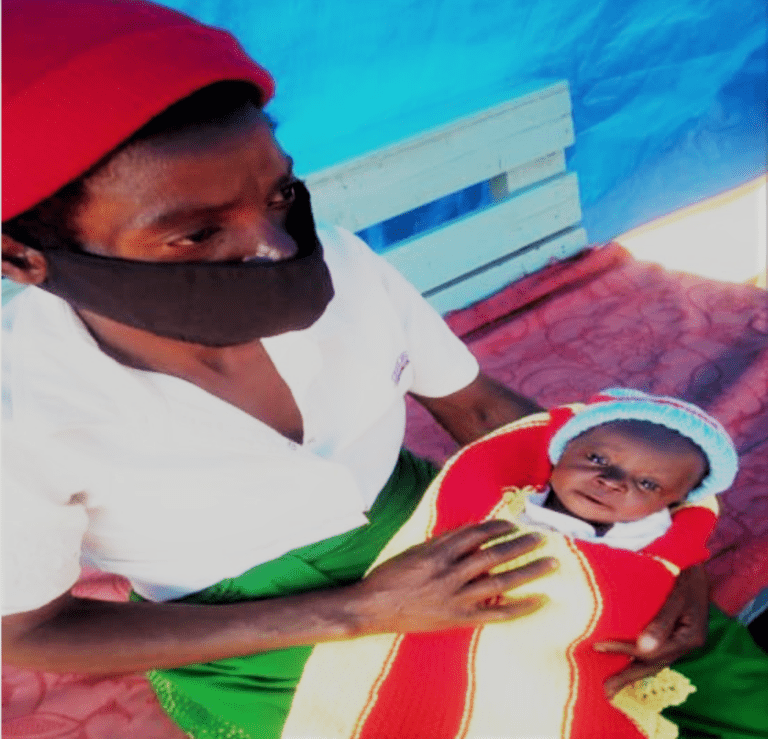One Story.
One woman's survival story.
Read MoreOne Story.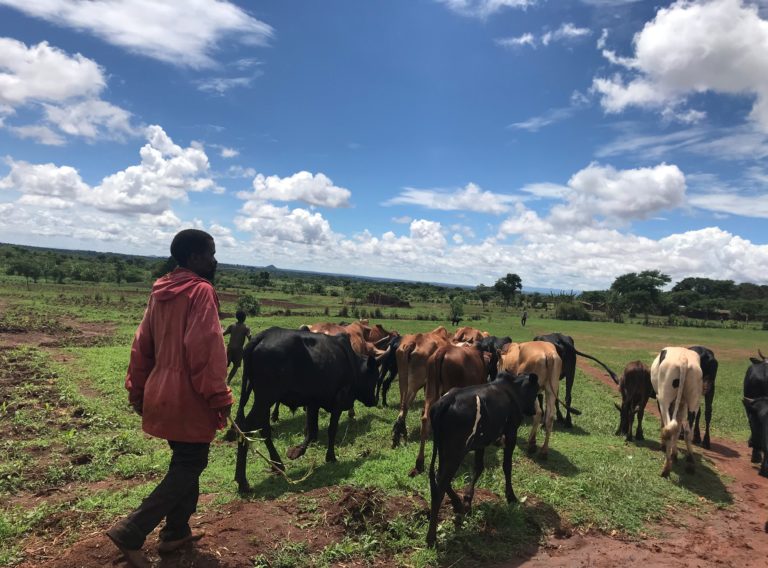
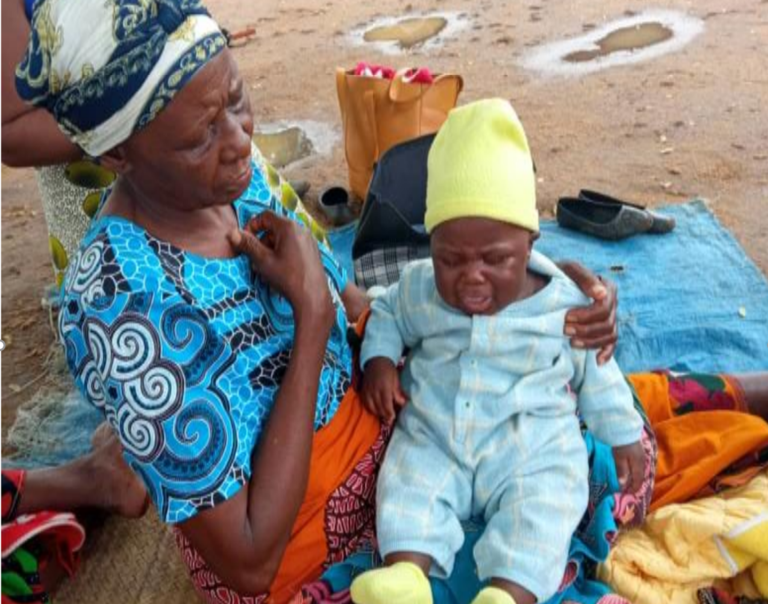
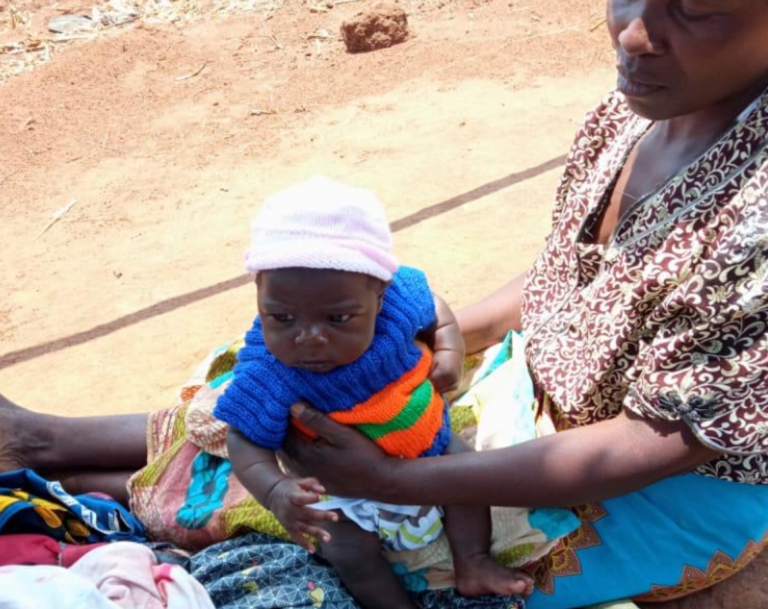
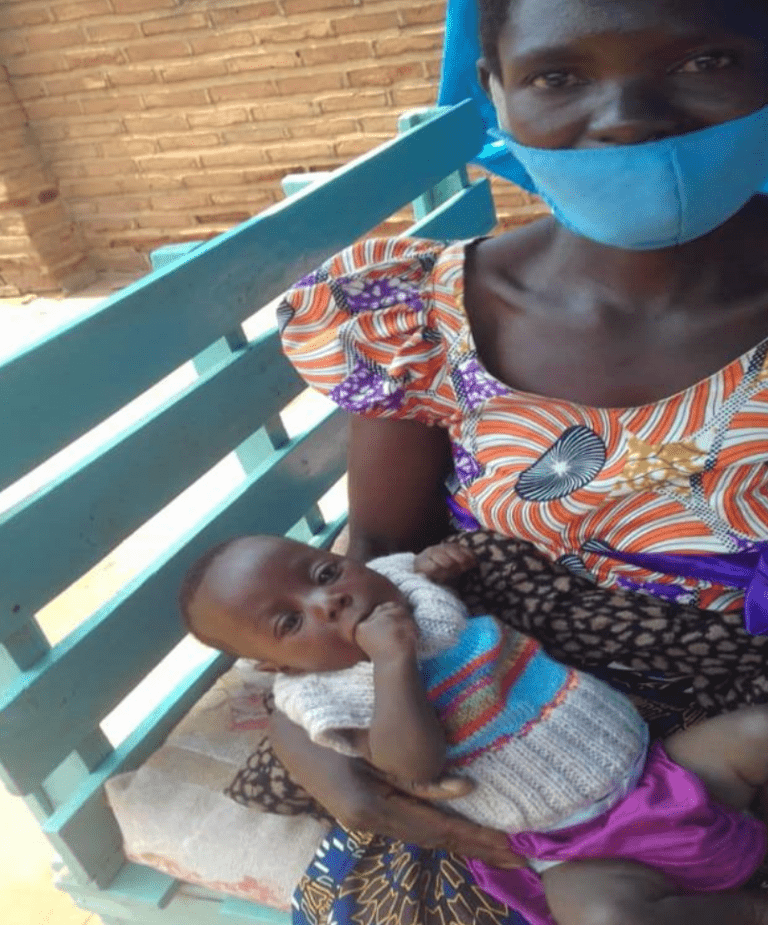
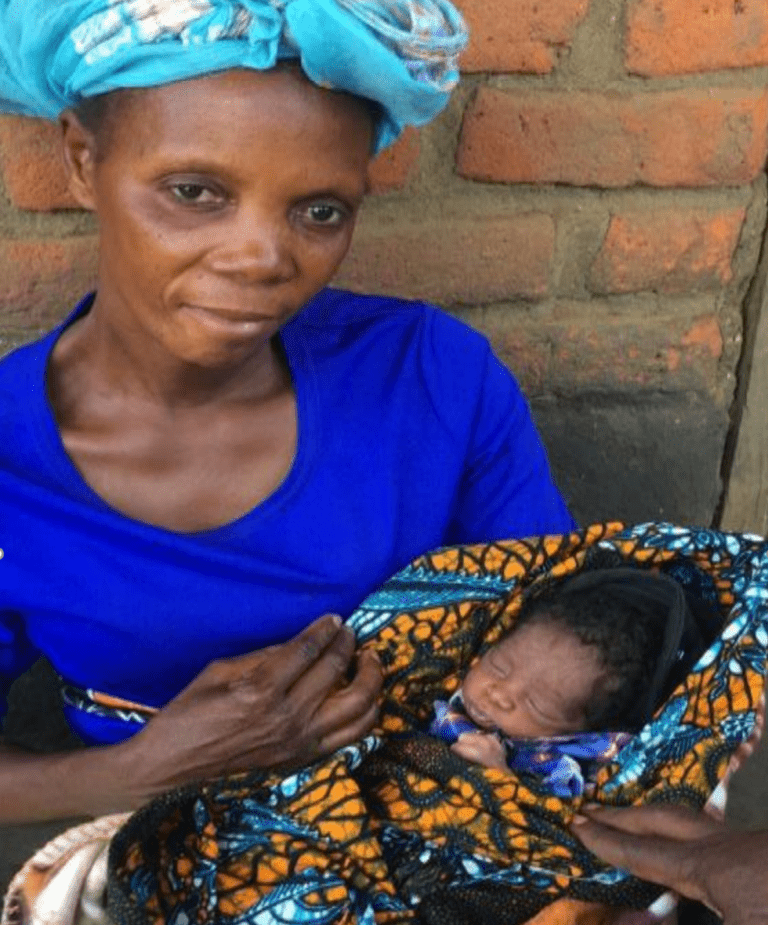
10 babies were enrolled (7 orphans and 3 whose mother critically ill in hospital). 147 babies were visited and 6 discharged. 243 babies are being followed 2 mothers were enrolled and one discharged. 23 women are being followed Mother Care…
